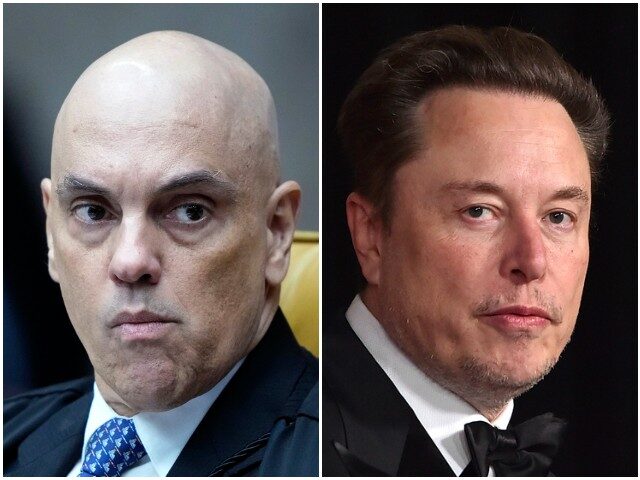Elon Musk’s satellite internet service, Starlink, has openly defied a Brazilian court order to block access to the social media platform X in the country, further escalating the ongoing dispute between the billionaire and Brazilian authorities.
The New York Times reports that the battle between Elon Musk and the Brazilian government has reached new heights as Starlink, the satellite internet service controlled by Musk through SpaceX, informed Brazil’s telecom agency, Anatel, that it would not comply with orders to block access to the social media platform X. This defiance comes amidst a series of court orders and fines aimed at curbing what Brazilian Supreme Court Justice Alexandre de Moraes perceives as the spread of disinformation and hate speech on the platform.
Starlink’s refusal to block X is the latest development in a months-long dispute between Musk and Justice Moraes. The judge has been leading a censorship campaign to clean up the Brazilian internet by ordering social networks to suspend accounts he believes are spreading disinformation, hate speech, or threats to democracy. Many of these orders have targeted prominent right-wing figures, making Justice Moraes a top enemy of former President Jair Bolsonaro and his supporters.
The conflict escalated when X began ignoring orders from Justice Moraes to block certain accounts. In response, the judge threatened to arrest X’s legal representative in Brazil, prompting Musk to pull the company’s team from the country. On Friday, Justice Moraes ordered Anatel to block X across the nation, citing the company’s lack of a physical presence in Brazil. He also warned that individuals using virtual private networks (VPNs) to circumvent the blackout and access X could face daily fines of nearly $9,000, more than the average Brazilian’s annual earnings.
The satellite internet service has seen rapid growth in Brazil since its arrival in 2022, particularly in rural areas and the Amazon rainforest, where traditional internet infrastructure is limited. Starlink has provided fast internet connections to remote communities, including indigenous tribes, for the first time, significantly impacting their way of life.
However, the ongoing dispute has raised questions about the future of Starlink’s operations in Brazil. Anatel’s president, Carlos Baigorri, has stated that the agency could revoke Starlink’s license to operate in the country, which would, in theory, prevent the company from offering connections to its Brazilian customers. If Starlink continues to provide service without a license, Anatel could seize the company’s equipment at its 23 ground stations in Brazil, which help improve the quality of its internet connections.
Read more at the New York Times here.
Lucas Nolan is a reporter for Breitbart News covering issues of free speech and online censorship.

COMMENTS
Please let us know if you're having issues with commenting.